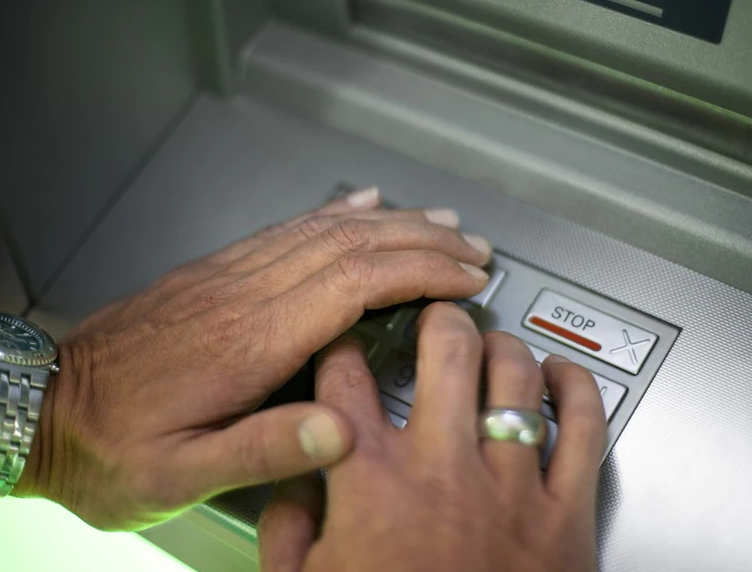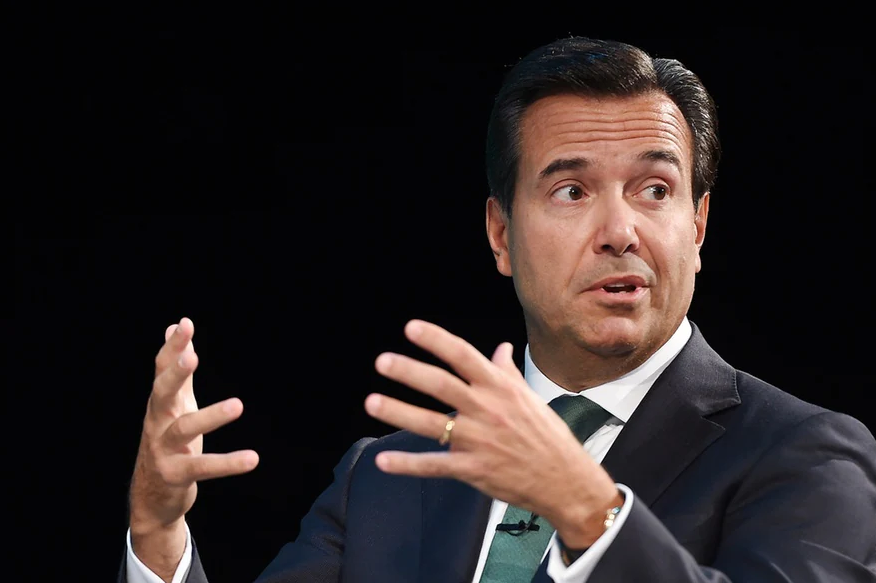An average Swiss household spends more than 14% of its gross income on housing and energy. © Keystone/Christian Beutler The average private household in Switzerland spent about 31% of its income on taxes, social security and health insurance premiums in 2019. That’s 1% up on the previous year, slightly reducing the individual budget and the chances of setting money aside. Latest official figures show that the average gross monthly income was CHF9,582 (,301) up CHF22 from the previous year. Net income came to just over CHF6,600 according to a report by the Federal Statistics OfficeExternal link published on Tuesday. An average Swiss household is made up of 2.1 people. The statistics experts based their income on salaries, bonuses, pensions, social security
Topics:
Swissinfo considers the following as important: 3.) Swissinfo Business and Economy, 3) Swiss Markets and News, Business, Featured, newsletter
This could be interesting, too:
Nachrichten Ticker - www.finanzen.ch writes Die Performance der Kryptowährungen in KW 9: Das hat sich bei Bitcoin, Ether & Co. getan
Nachrichten Ticker - www.finanzen.ch writes Wer verbirgt sich hinter der Ethereum-Technologie?
Martin Hartmann writes Eine Analyse nach den Lehren von Milton Friedman
Marc Chandler writes March 2025 Monthly

An average Swiss household spends more than 14% of its gross income on housing and energy. © Keystone/Christian Beutler
The average private household in Switzerland spent about 31% of its income on taxes, social security and health insurance premiums in 2019.
That’s 1% up on the previous year, slightly reducing the individual budget and the chances of setting money aside.
Latest official figures show that the average gross monthly income was CHF9,582 ($10,301) up CHF22 from the previous year.
Net income came to just over CHF6,600 according to a report by the Federal Statistics OfficeExternal link published on Tuesday.
An average Swiss household is made up of 2.1 people. The statistics experts based their income on salaries, bonuses, pensions, social security benefits as well as dividends and interests.
A large part of the gross income was used for the consumption of goods and services. Just over 14% went towards housing and energy. Nearly 7% for food and non-alcoholic beverages and 7.4% for transport.
However, six out of ten household had a disposable income which was below the average and the lowest income earners with less than CHF4,500 per month often overspent their budget, according to the office.
Tags: Business,Featured,newsletter








